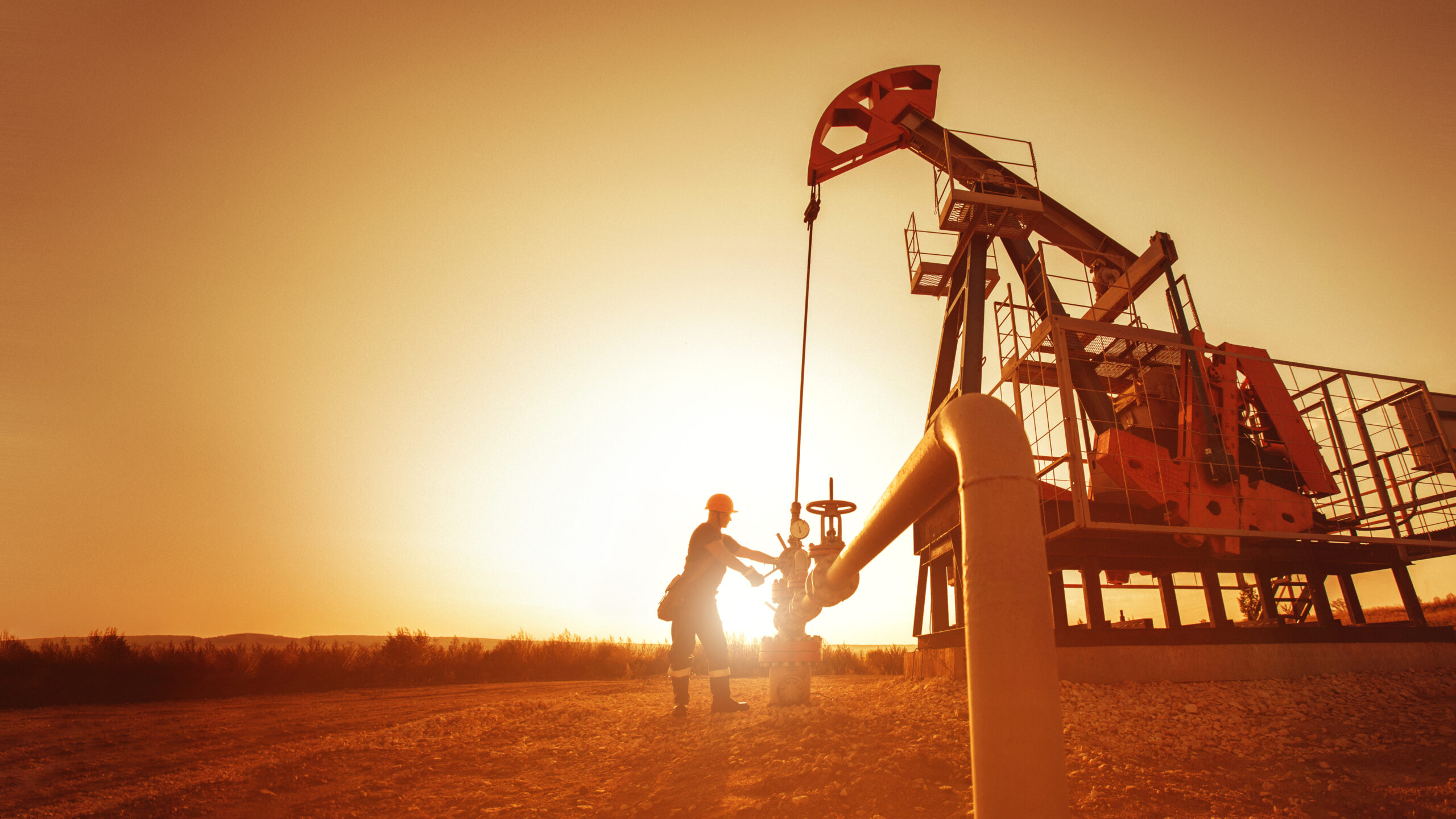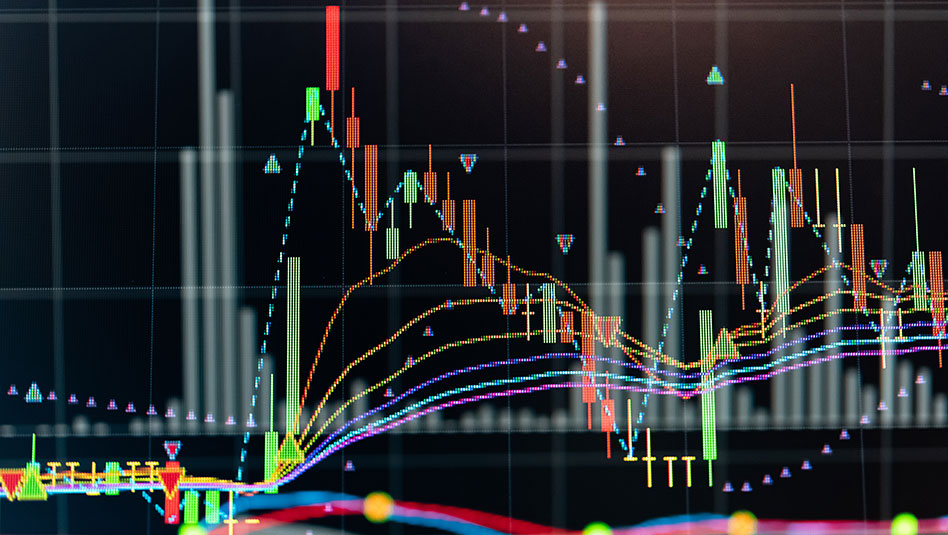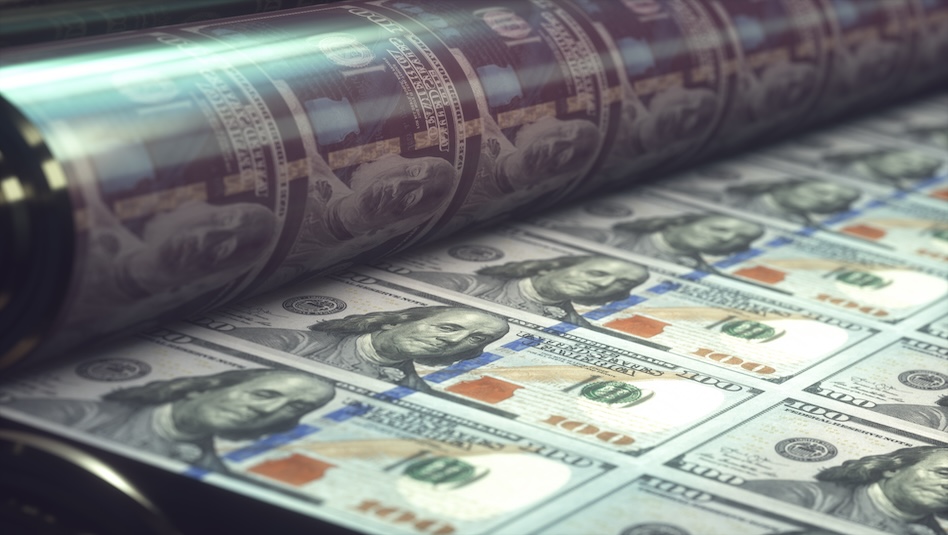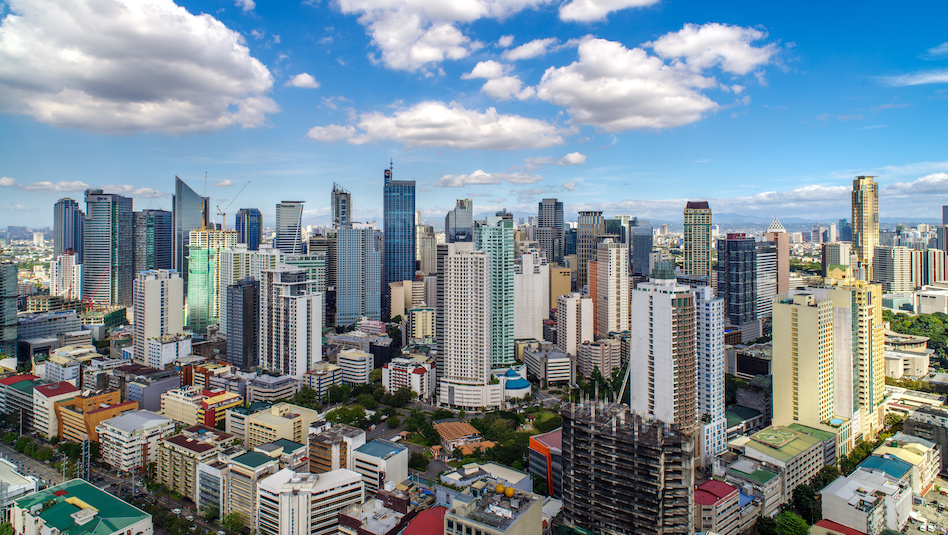Is the Philippines ready for oil-slicked inflation?
The Philippines has space and tools to absorb recent oil price hikes

As Filipinos get a reprieve after consumer price increases eased to its lowest in over four years in September, eyes are turning to one possible curveball: oil.
The commodity is ubiquitous. It powers machinery that produces goods from canned meat to gadgets, fuels buses and motorbikes, and fires up rice mills and fishing boats.
Sharp oil-price swings particularly pose a threat to a country like the Philippines, which imports nearly all its energy requirements. Yet early signs show, it isn’t too much of a worry – at least in the near term.
Threat to peace, threat to prices
The threat of higher global oil costs emerges as conflict in the Middle East intensifies.
Following Hezbollah’s attack on Israel last October 7, 2024, global crude prices rallied. Benchmarks Brent and WTI crude posted their highest gain year-to-date, closing at USD 80.86 and USD 76.75 per barrel, respectively. That was the first time since August that Brent crude prices breached the USD 80 per barrel mark.
Rising concerns on escalating tensions in the Middle East – with Iran’s involvement threatening global oil supply – stoked the price rally. Iran, which backs Hezbollah, is the third largest oil producer among the Organization of the Petroleum Exporting Countries (OPEC). At its current capacity, the nation produces around 3.3 million barrels of crude oil a day.
Prices dropped the following day, however, as worries over the tensions were overpowered by expectations of slowing global demand. As the conflict drags on, oil-price volatility is expected in the coming months.
A call for help
On October 15, oil firms raised gasoline, diesel, and kerosene costs by PHP 2.65, PHP 2.70, and PHP 2.60, respectively, marking the fourth-straight week of price hikes.
Still the transport sector groups, which largely rely on gasoline and diesel even amid efforts to shift to electric vehicles, have indicated that they will not petition for a fare increase. They instead call for fuel subsidies.
Standing ready
In 2023, the government provided fuel subsidies to vulnerable sectors, like transport and agriculture. Distribution began after Dubai crude price averaged USD 80 per barrel as required under the General Appropriations Act (GAA) of 2023.
This year, the government has allotted PHP 2.5 billion in fuel subsidies for public utility vehicles (PUV), taxis, tricycles, and full-time ride-hailing and delivery services drivers; PHP 469.6 million for fisherfolk operating motorized vessels; and PHP 510.4 million for farmers who use agricultural machinery. This time, Dubai crude price needs to average USD 80 per barrel for a month instead of the three months previously required under last year’s budget law.
Target still locked in
While recent swings in oil costs pose upside risks to prices, the full-year inflation sits at 3.4% as of September. Consumer-price rise will have to average at least 5.5% in the remaining months of the year for inflation to breach the upper end of the central bank’s 2%-4% inflation target.
While the fuel and diesel costs have gone up recently, particularly in Metro Manila, prices in the first two weeks of October are still about 12.9% to 22.0% lower compared to the same period in 2023. This means there remains some room for prices to move upwards before inflationary pressure starts to materialize.
Still, with oil ever present in our daily lives, price hikes spilling over into other pockets of the economy also cannot be ruled out. With tensions in the Middle East persisting, all eyes should be on oil and the government must remain ready to mitigate resulting inflationary pressure.
(Bookmark and visit Metrobank Wealth Insights at www.wealthinsights.ph daily for investment insights and ideas. If you are a Metrobank client, please get in touch with your relationship manager or investment specialist for assistance in accessing exclusive content. Not a client yet? Please sign up here so you can begin your wealth journey with us.)
MARIA KAILA BALITE is a Research Officer of the Research and Market Strategy Department, Institutional Investors Coverage Division, Financial Markets Sector, at Metrobank. She holds a Master’s degree in Applied Economics and also majored in Financial Economics for her Bachelor’s degree, both from De La Salle University Manila. Outside of work, her interests include thriller movies, K-dramas, and dogs.







 DOWNLOAD
DOWNLOAD




 By Maria Kaila Balite
By Maria Kaila Balite